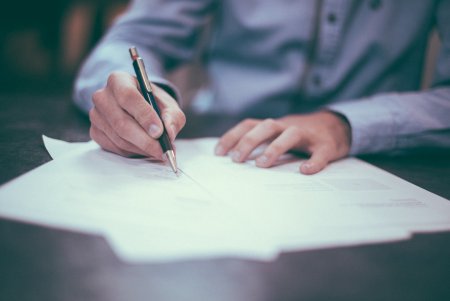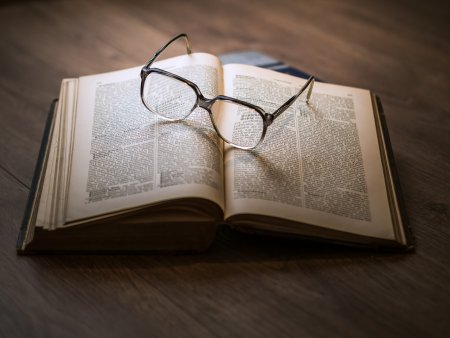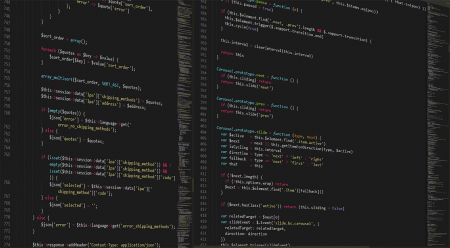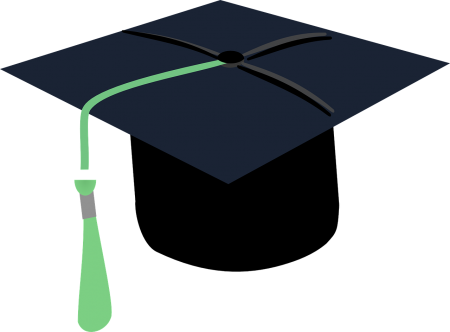Read the text and do the tasks after the text. ARROWSMITH
Read the text and do the tasks after the text. ARROWSMITH From a novel by Sinclair Lewis Liberty Street, as he raced along it, was sleeping below its towers. It was McGurks order that the elevator to the Institute should run all night, and indeed three or four of the twenty staff-members did sometimes use it after respectable hours. That morning Martin had isolated a new strain of staphylococcus bacteria from the carbuncle of a patient in the Lower Manhattan hospital, a carbuncle which was healing with unusual rapidity. He had placed a bit of the pus in broth and incubated it. In eight hours a good growth of bacteria had appeared. Before going wearily home he had returned the flask to the incubator. He was not particularly interested in it, and now, in his laboratory, he removed his military blouse, looked down to the lights on the blue-black river, smoked a little, thought that he was a dog not to be gentler to Leora, and damned Bert Tozer and Pickerbaugh and Tubbs and anybody else who was handy to his memory before he absent-mindedly wavered to the incubator, and found that the flask, in which there should have been a perceptible cloudy growth, had no longer any signs of bacteria of staphylococci. quot;Now what the hell!quot; he cried. Why, the broths as clear as when I seeded it! Now what the Think of this fool accident coming up just when I was going to start something new! He hastened from the incubator, in a closet off the corridor, to his laboratory and, holding the flask under a strong light, мейд certain that he had seen aright. He fretfully prepared a scope. He discovered nothing but shadows of what had been bacteria: thin outlines, the form still there but the cell substance gone; minute skeletons on an infinitesimal battlefield. He raised his head from the microscope, rubbed his tired eyes, reflectively rubbed his neck his blouse was off, his collar on the floor, his shirt open at the throat. He considered: Something funny there. This culture was growing all right, and now it39;s committed suicide. Never heard of bugs doing that before. Ive hit something! What caused it? Some chemical change? Something organic?quot; ...A detective, hunting the murderer of bacteria... he rushed upstairs to the library, consulted the American and English authorities and, laboriously, the French and German. He found nothing. He worried lest there might, somehow, have been no living staphylococci in the pus which he had used for seeding the broth none there to die. At a hectic run, not stopping for lights, bumping corners and sliding on the too perfect tile floor, he skidded down the stairs and galloped through the corridors to his room. He found the remains of the original pus, мейд a smear on a glass slide, and stained it with gentian-violet, nervously dribbling out one drop of the gorgeous dye. He sprang to the microscope. As he bent over the brass tube and focused the objective, into the gray-lavender circular field of vision rose to existence the grape-like clusters of staphylococcus germs, purple dots against the blank plane. Staph in it all right! he shouted. Then he forgot Leora, war, night, weariness, success, everything as he charged into preparations for an experiment, his first great experiment. He paced furiously, rather dizzy. He shook himself into calmness and settled down at a table, among rings and spirals of cigarette smoke, to list on small sheets of paper all the possible causes of suicide in the bacteria all the questions he had to answer and the experiments which should answer them. [...] By this time it was six o39;clock of a fine wide August morning, and as he ceased his swift work, as taunted nerves slackened, he looked out of his lofty window and was conscious of the world below: bright roofs, jubilant towers, and a highdecked Sound steamer swaggering up the glossy river. Summarise in three or four sentences what happened that night. Answer questions a-i alongside the text. a What happened on that night and before? b Martin expected: a) something great to happen. b) nothing special to happen. How do you know? c Martin: a) immediately realised that something great had happened. b) didn39;t realise that something great had happened. How do you know? d Martin was: a) aware b) unaware of what was happening around. How do you know? e When Martin realised what had happened he felt: a) happy. b) curious. How do you know? f Did Martin read French and German very well? How do you know? g Martin checked for a possible mistake: a) quietly. b) excitedly. How do you know? h Why did he do that? i In the morning Martin felt: a) very tired. b) happy. c) worried. How do you know?
Задать свой вопросThat night Martin came to the laboratory to do some work. Before that, he had starting
testing, staphylococci bacteria from a patient, who healed quickly. He saw that there
was no bacteria in the test lube. It meant that something had killed them. Martin felt that it
was a great discovery.
a. a) That night Martin returned to the laboratory.
b) Before that he had started an experiment with the pus from a carbuncle which he had
been healing unusually fast.
b. b) His thoughts were occupied with something else.
c. b) He was irritated, called it an accident, and more interested in a
new experiment.
d. b) The following detail points to it: ...he reflectively rubbed his
neck - his blouse was off, his collar on the floor, his shirt open at the throat.
e. b) He kept asking questions, there are no words expressing joy.
f. No. The word laboriously points to it.
g. b) The author shows it with the following details: At a hectic run,
not stopping for lights, bumping corners and sliding on the too perfect tile floor, he
skidded down the stairs and galloped through the corridors to his room... ...nervously
dribbling out one drop of the gorgeous dye, he sprung to the microscope, etc.
h. This is a typical research procedure.
i. b) The description of the morning shows it (bright roofs, jubilant
towers, and a high-decked Sound steamer...)
-
Вопросы ответы
Статьи
Информатика
Статьи
Математика.
Физика.
Математика.
Разные вопросы.
Разные вопросы.
Математика.
Разные вопросы.
Математика.
Физика.
Геометрия.




